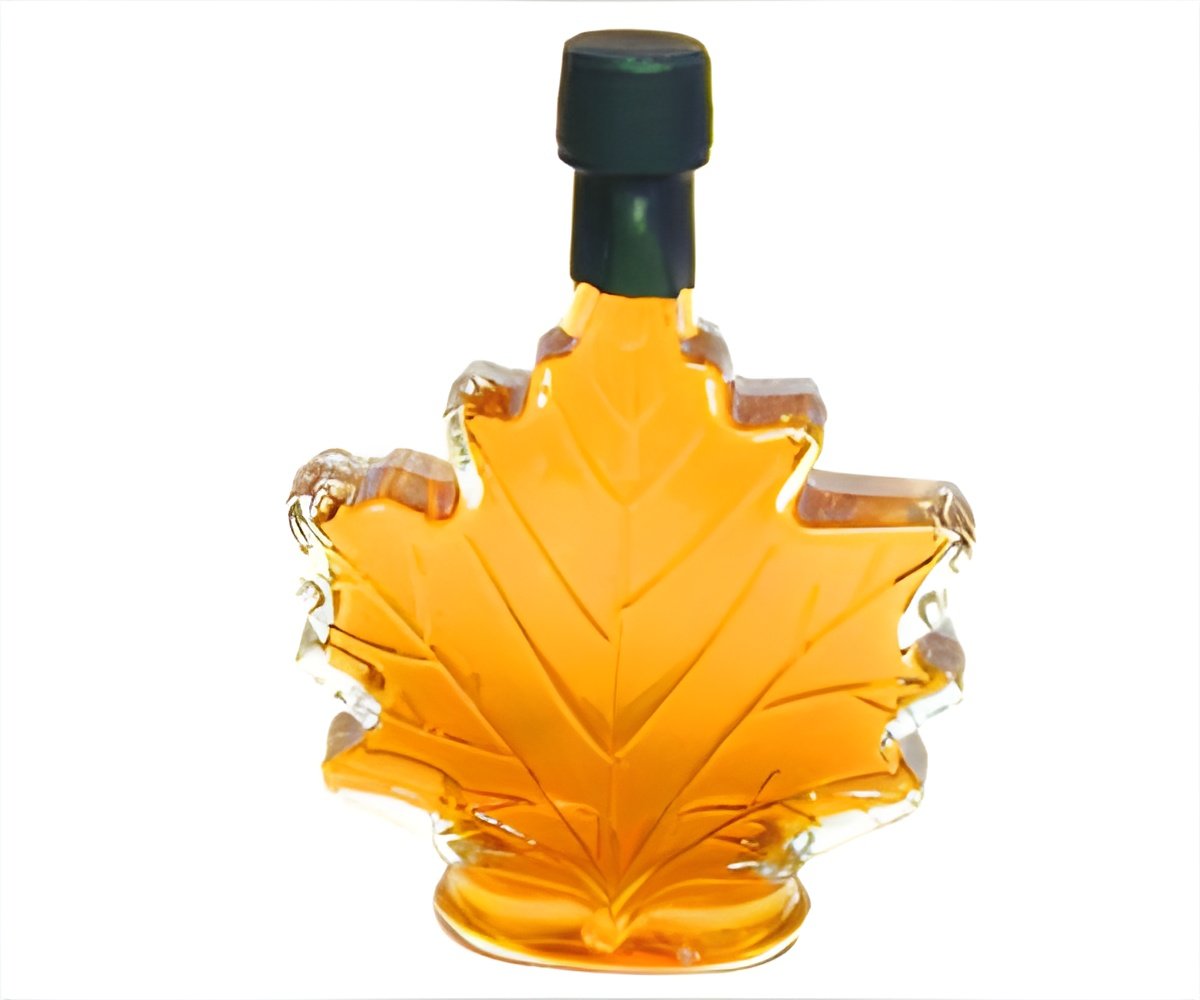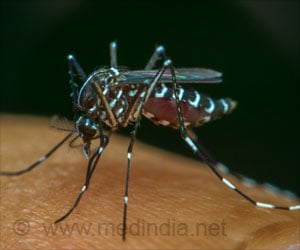Quebecol, a molecule in maple syrup curbs the inflammatory response of macrophages. Its derivatives are even more effective than the original molecule.

They called on colleague Daniel Grenier, who developed an in vitro model for determining the anti-inflammatory potential of natural molecules. "We take blood cells called macrophages and put them with bacterial toxins," explained Professor Grenier.
"Macrophages usually react by triggering an inflammatory response. But if the culture medium contains an anti-inflammatory molecule, this response is blocked."
The researchers carried out tests that showed quebecol curbs the inflammatory response of macrophages, and some derivatives are even more effective than the original molecule.
"The most powerful derivative has a simpler structure and is easier to synthesize than quebecol," said Normand Voyer.
"This paves the way for a whole new class of anti-inflammatory agents, inspired by quebecol, that could compensate for the low efficacy of certain treatments while reducing the risk of side effects."
Advertisement
Source-ANI















